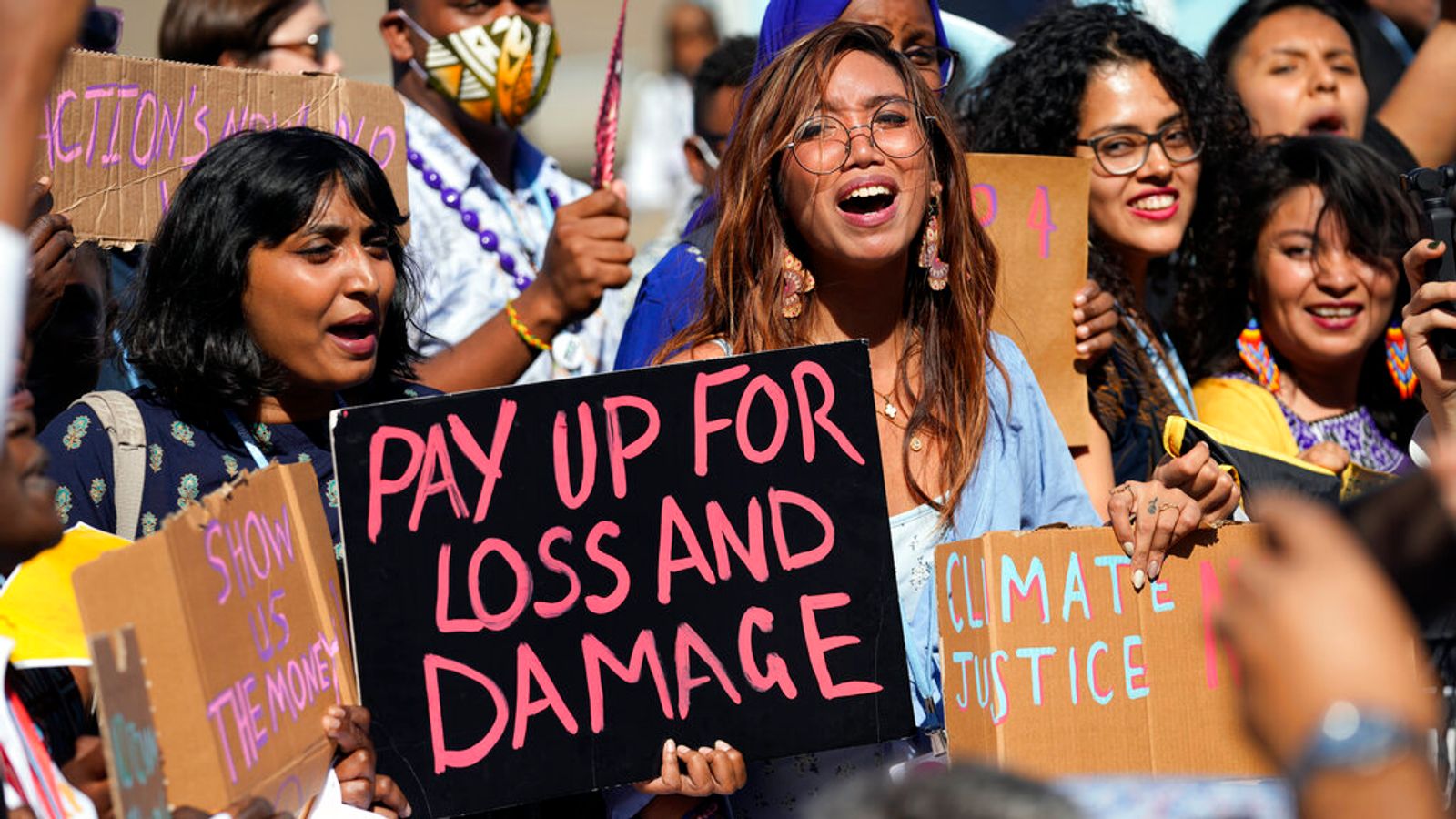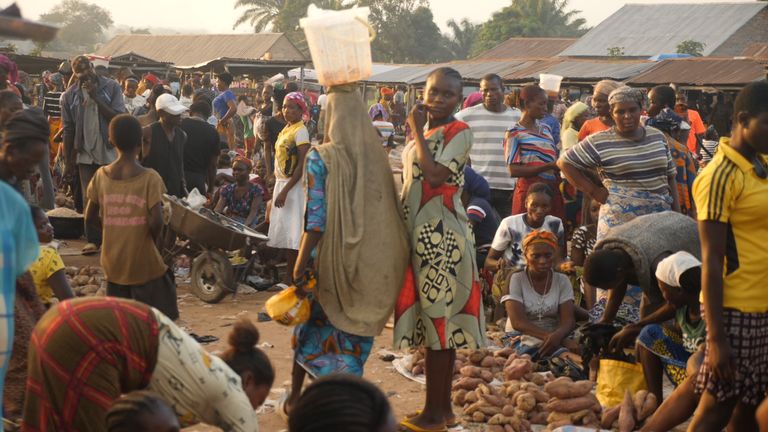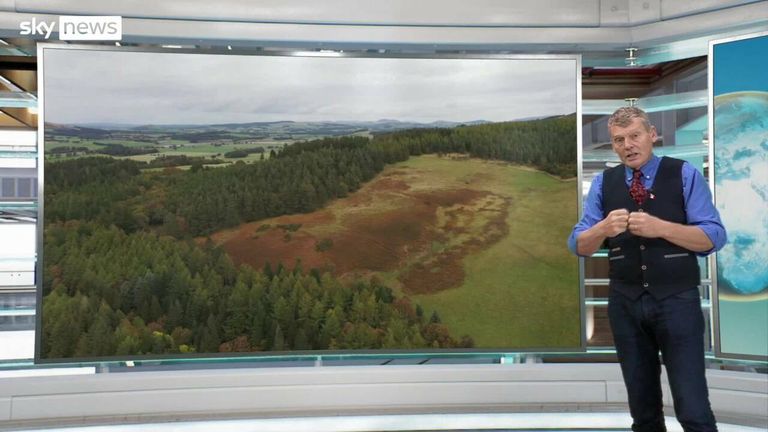Countries have agreed a historic dedicated fund to help vulnerable nations hit by climate disasters, but failed to step up efforts to tackle the damaging emissions that cause them.
Many questions also remain about the hard-won compensation scheme, including who pays in and who is eligible for the cash.
But it was seen as a breakthrough that funding for so-called “loss and damage”, even made it on to the official agenda for the talks in Sharm el-Sheikh.
However, there has been strong criticism that the deal, greeted by a round of applause from weary delegates at around 4.15am on Sunday morning, did not include tougher action to curb emissions.
Vulnerable nations argue it is a matter of fairness. Disasters such as extreme flooding, drought and sea level rise have been supercharged by a hotter climate, but are disproportionately hitting countries that did little to cause it.
“The agreements made at COP27 are a win for our entire world,” said Antigua and Barbuda minister Molwyn Joseph on behalf of 39 small island states.
The international community has “restored global faith in this critical process that is dedicated to ensuring no one is left behind,” he said.
Laurence Tubiana, architect of the Paris Agreement, said the creation of a fund marks a “significant mindset shift”.
“We have come a long way, although we have been waiting for this for 30 long years,” said Harjeet Singh from Climate Action Network, who has campaigned for loss and damage for 13 years.
Key decisions on phasing out all fossil fuels and keeping the 1.5C warming limit agreed during last year’s climate summit in Glasgow in the text still hang in the balance.
The energy section of the overarching deal has created new loopholes, targeting greenhouse gas cuts at the vaguely-worded “applicable sectors”, using “low-emission” as well as renewable energy, which many fear allows for the fossil fuel gas.
The EU, the UK and small islands were among those lobbying for a phase out of all fossil fuels, as well as a strong commitment to limiting warming to 1.5C above pre-industrial levels.
They warned that the greater the global warming, the worse the climate damages will become, and the more money will be needed to cover the costs.
European Union climate policy chief Frans Timmermans said the deal was not a sufficient step forward and criticised the commitment of some countries towards efforts to limit rising temperatures.
“This is the make or break decade, but what we have in front of us is not enough of a step forward for people and planet,” Mr Timmermans told the summit.
“It does not bring enough added efforts for major emitters to increase and accelerate their emissions cuts.”
Subscribe to ClimateCast on Spotify, Apple Podcasts, or Spreaker.
Read more:
Tensions soar as talks near crunch time
What it’s really like to be at COP
He added: “I urge you to acknowledge when you walk out of this room, that we have all fallen short in actions to avoid and minimise loss and damage.
“We should have done much more, our citizens expect us to lead.
“Too many parties are not ready to make more progress today in the fight against climate crisis.”
UN secretary-general Antonio Guterres said: “A fund for loss and damage is essential – but it’s not an answer if the climate crisis washes a small island state off the map – or turns an entire African country to desert.
“The world still needs a giant leap on climate ambition.”
Ani Dasgupta, president of the World Resources Institute said: “It is mindboggling that countries did not muster the
courage to call for phasing down fossil fuels, which are the biggest driver of climate change.”
Towards the end of the second week, delegates wondered whether a deal would materialise, with host nation Egypt leaving it until Friday to produce the first draft, hours before the summit was due to close.
A series of frantic negotiations followed as countries sought to tip the balance of the text in favour of their respective aims.
The COP process relies on consensus, so all of the almost 200 countries present have to agree on the deal for it to go through.
Egypt faced criticism for restricting protests, poor organisation and its ongoing imprisonment of British-Egyptian activist Alaa Abd El Fattah, among many other government opponents.
Watch the Daily Climate Show at 3.30pm Monday to Friday, and The Climate Show with Tom Heap on Saturday and Sunday at 3.30pm and 7.30pm.
All on Sky News, on the Sky News website and app, on YouTube and Twitter.
The show investigates how global warming is changing our landscape and highlights solutions to the crisis.


